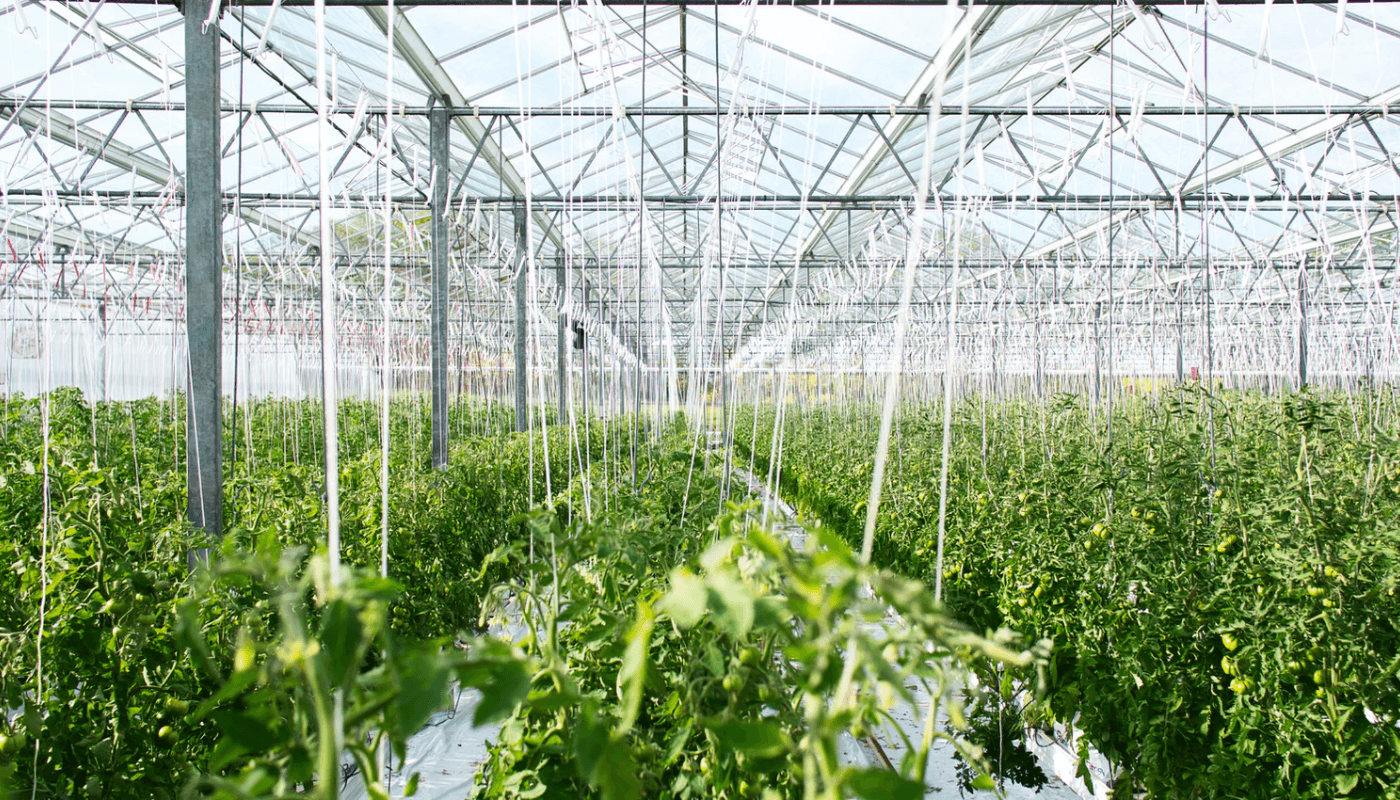In just a few years a renowned low-tech, simple industry such as farming could open us up to new innovations in the global food supply chain.
Its impossible to ignore the effects that the pandemic has had on the food industry. Bloomberg reported that “France expects some 200,000 workers will fail to show up this year. Coldiretti, an association of Italian farmers, estimates the country will be short as many as 100,000 foreign laborers. Germany typically has 30,000 migrant farm workers in March and 80,000 by May, but this year, only a fraction of that number have shown up, according to Agriculture Minister Julia Kloeckner.”
The Agricultural Outlook 2018-2027 published by the Food and Agriculture Organization (FAO) of the United Nations states that of the total land area of the MENA region, only 1/3rd is agricultural land while only 5% is arable. The rest is either urban or just dry desert. Due to the dryer climate of the Middle east 40% of cropped area needs irrigation to survive & only 4% of land boasts soils judged good enough for cereal growth. This means there is a high dependency on importation from Europe and India. However, according to the Mumbai Mirror, due to transportation limitations fruits and vegetable exporters in Mumbai have seen a 25% drop in business and food prices have spiked in price.
Due to these struggles in supply and logistics the Middle east must now find a way to become more independent in its food production. So, what can they do?
Foodtech is the future
The foodtech and agtech startup industry raised nearly $20 billion in 2019 together, a 250% increase over the last five years, according to a report from the venture capital firm AgFunder. Vertical farming is one of the most exciting spaces for VCs and investors, for example:
- 2017: Softbank invested $200 million in silicon valley startup Plenty
- 2017: IKEA put $40 million in AeroFarms
- 2018: Google Ventures invested $90 million in Bowery Farming
- 2019: Ocado, a large British online grocery retailer, invested over $20 million to grow leafy greens and herbs next to its distribution centers using indoor farming
Vertical farming is centre stage
Vertical farming is big but its expected to get bigger as it produces 70% more crops and uses up to 90% less water compared to the more traditional farming solutions. Unconvinced? Here are some of the benefits of vertical farming:
- Higher cultivation yield with 24/7 operations and faster more efficient crop cycles
- Optimal environment control
- Less water usage and chemical and pesticide use
- Yearly production with smaller supply chain
- More transparency and product traceability
- Climate/weather conditions doesn’t affect crop yields
In an interview with Thomas Ambrosi, CEO of ONO Exponential Farming, a startup in the vertical farming space Thomas explained how he and his team were offering a platform where mechanics, robotics, information technology, AI, machine learning, virtual reality, and an agronomic knowledge base are all combined to allow anyone to grow anything, anywhere. Sounds promising doesn’t it?
The young company provides a scalable vertical farming platform which is fully automated, and can be used for the cultivation of vegetables, algae and insects, and according to ONO Exponential Farming productivity is higher and it eliminates the human element, perfect for those looking for safer and cleaner food production amid a pandemic.
Vertical farming in the Middle East
Various cities in Middle East countries have already made some interesting advancements in this respect, Badia Farms in Dubai Industrial city is planning to launch a new high-tech vertical farm later this year to help the country commit to being more sustainable. The facility will be able to produce 3,500kg of fresh fruits and vegetables each day but will this production be enough to make up for the lack of importation of such foodstuffs from other countries?
Food security is increasingly more important and relies mostly on the availability and affordability of food, which vertical farming certainly helps with. With a lack of domestic production and huge reliance on third parties, the Middle East dramatically requieres more disruptive tech solutions for food production and with indoor farming offering less food spoilage, more quality products and a reduction on the reliance of human interference, is this the answer we have been looking for?
Via Entrepreneur.
